Imagine there was a way you could more than double the lifetime earning potential of all your students. What would you give to make that happen? Well, there is such a way. And it has massive implications for the national conversation we are now having about equity in education and all spheres of life.
Consider these two potential futures:
- FUTURE A: Your students enter the general workforce and earn a median wage of $39,810.
- FUTURE B: Your students enter mathematical occupations and earn a median wage of $90,410.
The Mathematics of Equity
Given your proficiency in mathematics, you have probably already calculated that $90,410 is 127% more than $39,810. That is life-changing.
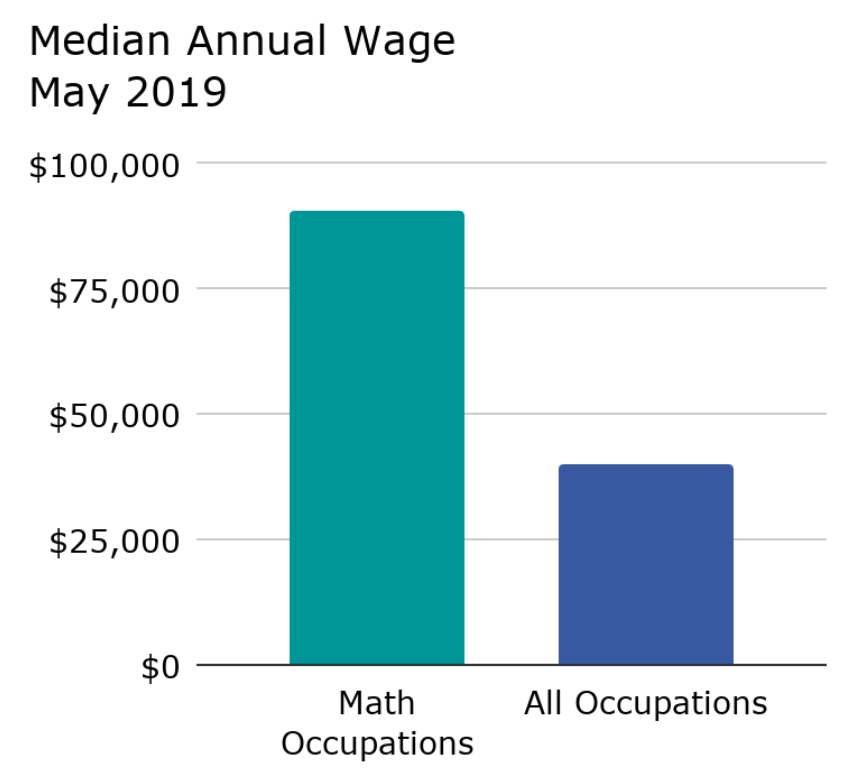
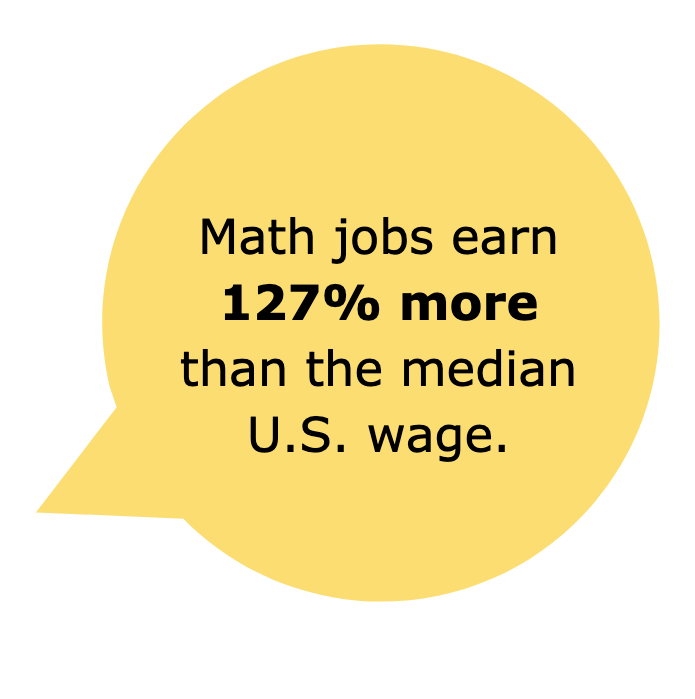
Source: US Bureau of Labor Statistics
In addition to higher wages, math jobs such asactuaries, mathematicians, research analysts, and statisticians are forecast to grow five times faster than jobs overall. So, not only do students entering math occupations make 127% more, but they are also far more likely to stay employed.
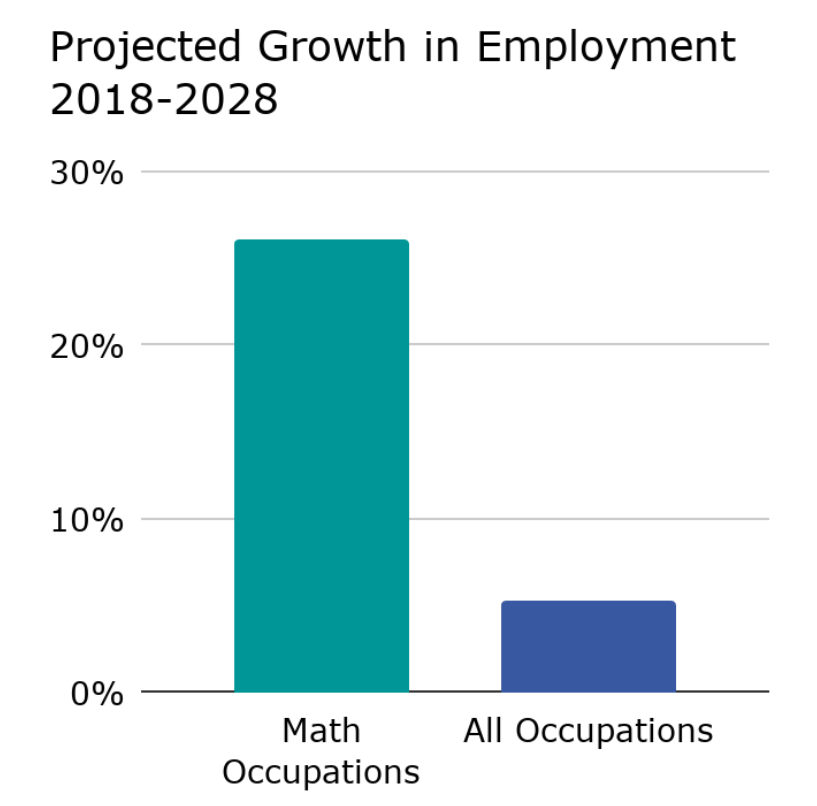
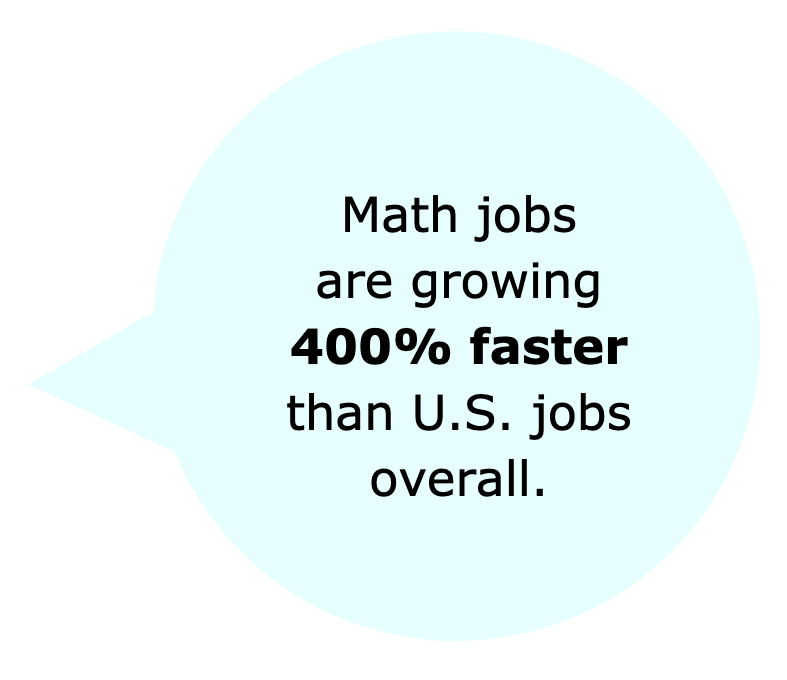

If preparing students for math careers was easy, of course, we’d already be succeeding wildly. Unfortunately, it’s not easy and we’re not yet succeeding.Nearly 4 in 5 students miss the ACT Benchmark, which means that they have a less than 50-50 shot at passing a 101-level freshman math or science course. This effectively locks nearly 80% of high school graduates out of STEM careers, including math careers.
Source: ACT (2017). STEM Education in the US: Where We Are and What We Can Do | 2017. Iowa City: ACT, March 2018.
Math+Language
So, how can we help students prepare for higher-level coursework and careers? This where Math + Language comes into play. When we talk about “language” we actually refer to a bundle of foundational skills that range from academic vocabulary and reading comprehension to knowledge of math concepts, as well as practices like mathematical reasoning, discourse, and explaining thought processes.
Let’s start simple. Take a look at these sample questions from the ACT. I’ve bolded the key academic concepts. Can you imagine correctly answering these questions without basic knowledge of these specialized math terms?
- Which of the following is a factor of the polynomial 2x2– 3x– 5?
- What is the greatest common factor of 42, 126, and 210?
- How many irrational numbers are there between 1 and 6?
- What is the x-intercept of the graph of y = x2 – 4x + 4?
- In the standard coordinate plane below, 3 of the vertices of a rectangle are shown. Which of the following is the 4th vertex of the rectangle?
That’s right. These questions make zero sense without being able to decode and comprehend that specialized terminology. That is a reading skill as much as a math skill.
Now let’s get more complicated. Here in my home state we have a summative math assessment by Pearson called the Maryland Comprehensive Assessment Program (MCAP). It contains two types of assessment items called Reasoning Items and Modeling Items. These are the most frequently missed items for marginalized learners. Let’s see how these items are scored:
- Reasoning Items: A three-point response isclear and well developed andcommunicates logical reasoning by the use of precise and appropriate representations andcorrect mathematical vocabulary.
- Modeling Items: A three-point responsedetermines information that is needed to solve the problem;communicates an accurate, organized solution path; and/or evaluates a solution to the real-world situation andshows how to improve or refine the solution.
All of those highlighted bits are language skills, including reading, writing, and academic vocabulary.
Taking Action
Speak Agent was founded in order to tackle this very problem. All Speak Agent Math+Language products develop math concept knowledge and communication skills using a balance of language domains: listening, speaking, reading, and writing. This is most obviously critical for English Learners, but as you can see from the above, it’s a vital learning support for all marginalized learners.
Speak Agent starts with early math and basic operations and scaffolds up through middle-grades algebra, geometry, and statistics. It’s a supplemental, modular program that can configure to align with your math scope and sequence for ease of implementation. Please follow the links below to learn more:





